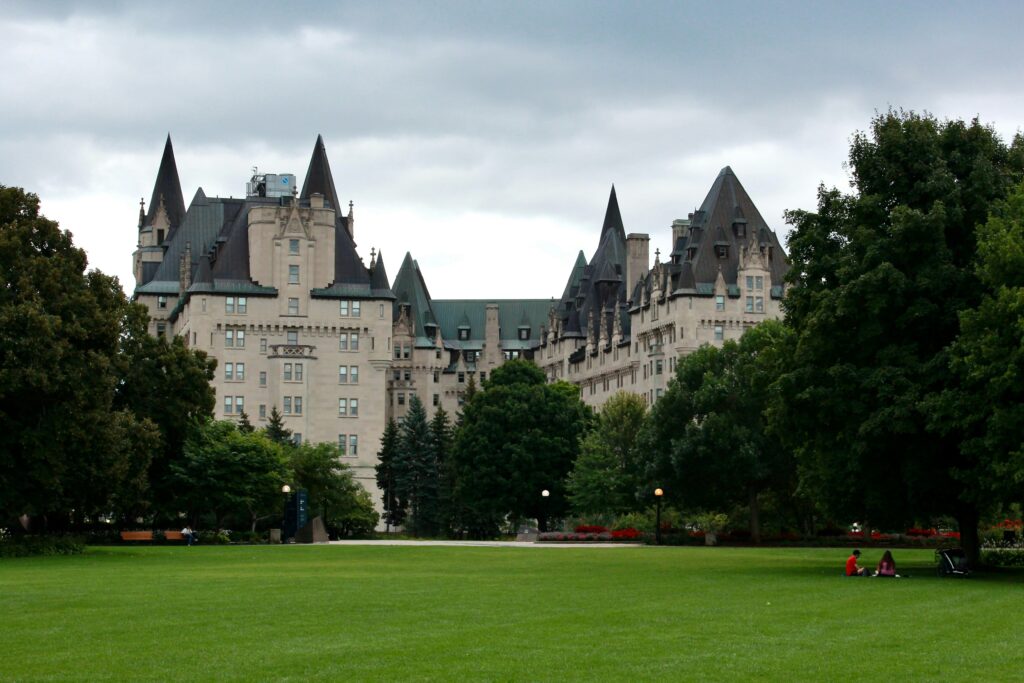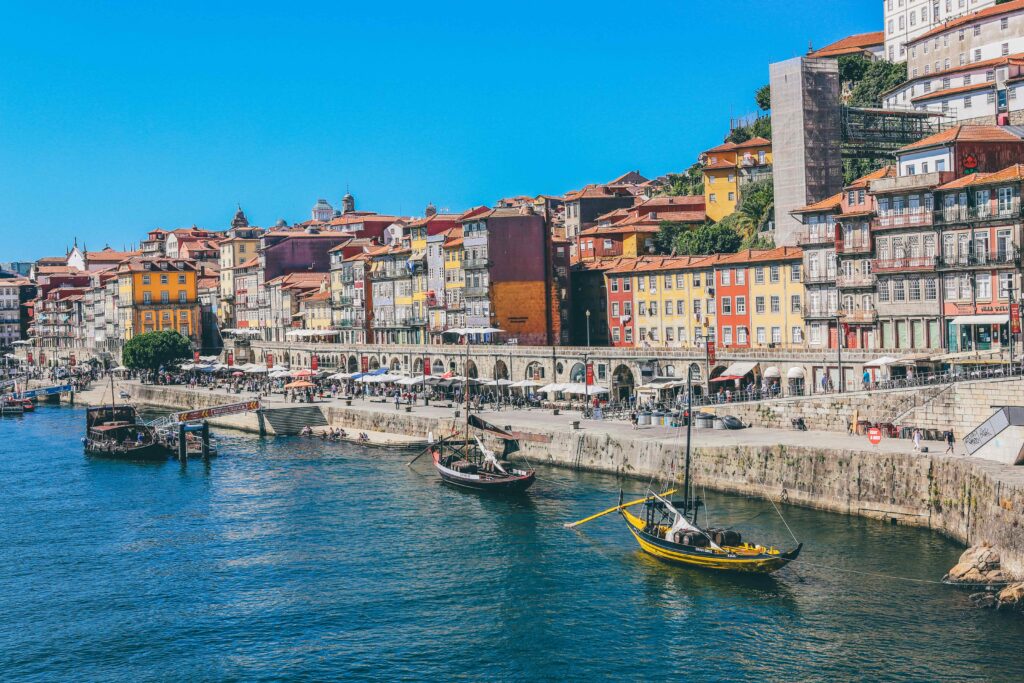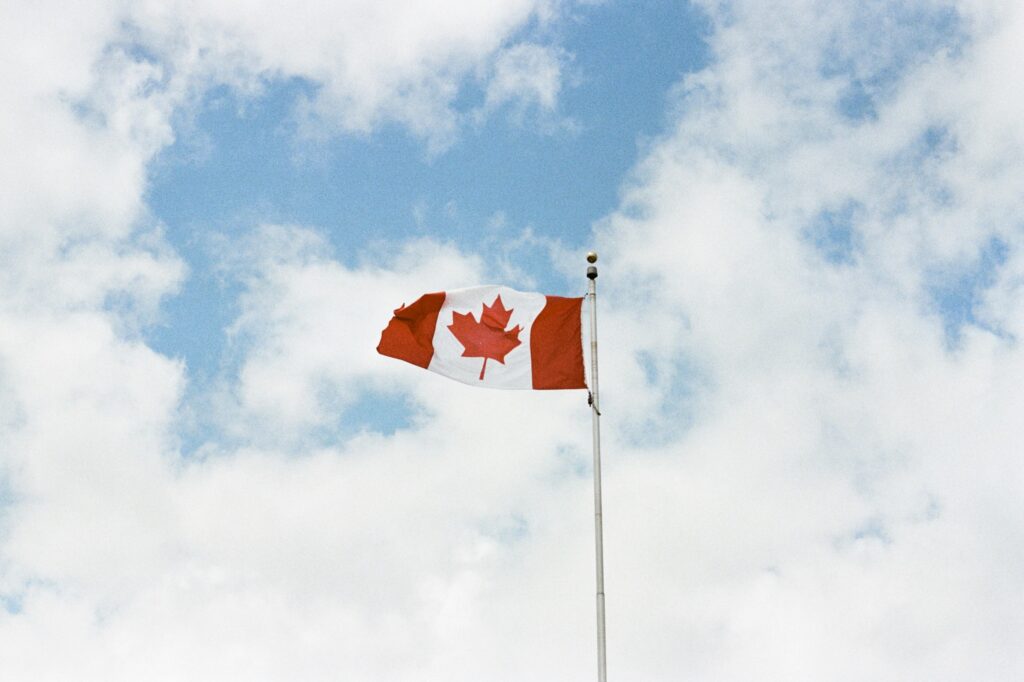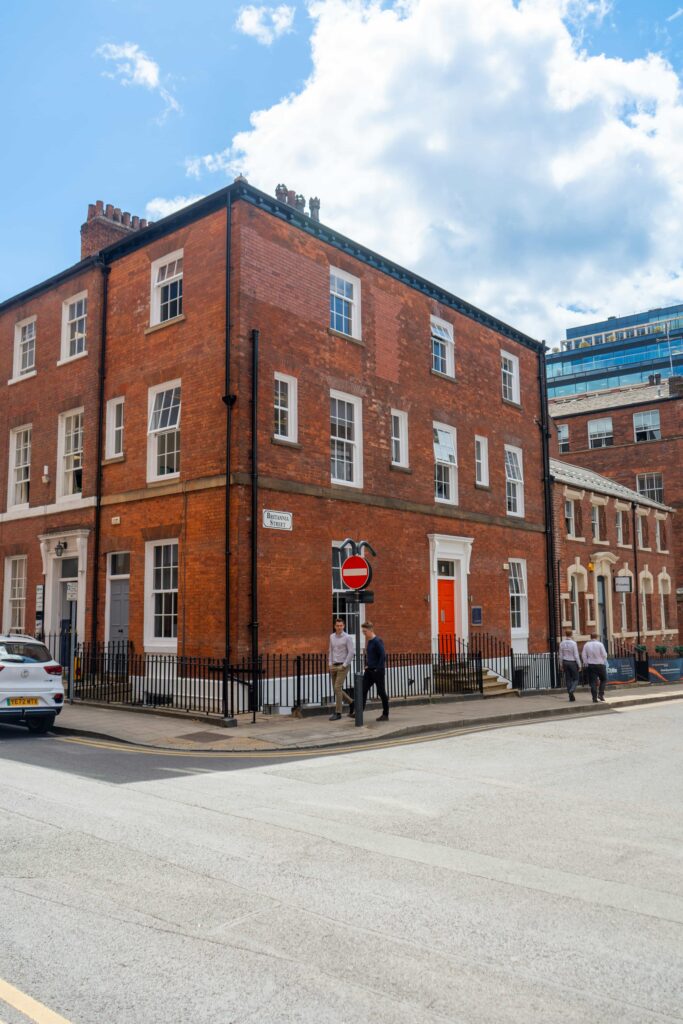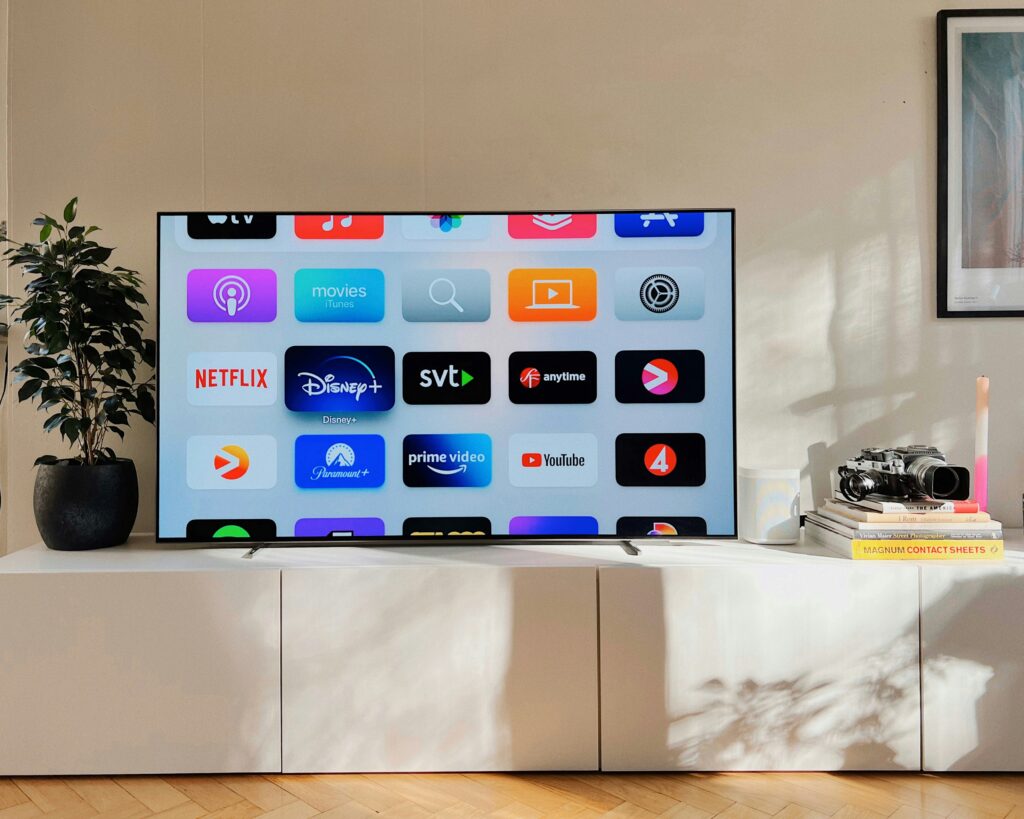Easy Guide to Cheap Housing and Home Buying Trends in America
Have you ever dreamed of owning a home without spending too much money? You are not alone. In the United States, house prices have become very high, and many people feel they can no longer afford to buy a home. But there is good news. Affordable homes still exist, and many people are finding smart and simple ways to buy them without using all their savings. While big cities are getting more expensive, smaller towns and growing areas are giving people like you a real chance to find a good home at a better price. What is affordable housing? Affordable housing means a home that you can pay for without spending more than 30% of your monthly income. If your rent or mortgage stays within that amount, it is considered affordable. But affordable housing doesn’t only mean small houses or homes in faraway places. It includes different options, like government-supported flats, low-cost starter homes, and shared ownership—where you buy part of the home and pay rent for the rest. These housing options are especially helpful for people who are buying a home for the first time. They are also a good choice for individuals and families who earn a low or average income. Many people today cannot afford the high cost of homes, but affordable housing gives them a real chance to buy one. It helps them stay within their budget while still living in a safe and comfortable place. Where to find cheap homes in the US If you want to buy a home in the United States without spending too much, there are still many cities and towns where prices are more affordable. In places like Toledo, Ohio and Peoria, Illinois, you can find houses that cost less than the average home price in the country. In the southern states, cities like Chattanooga in Tennessee and Huntsville in Alabama offer both low house prices and more job opportunities. In the western part of the United States, Pueblo, Colorado and Sioux Falls, South Dakota are quiet, friendly places where homes are still affordable for regular families. Many people in the United States are moving out of big, expensive cities and choosing to live in more affordable places. Because remote work is now common, you don’t need to live close to your office anymore. This means you can move to a cheaper area and still do your job. You can enjoy lower local taxes, smaller school classes, and friendly communities where people support one another. If you are buying a home for the first time, you can look at states like Indiana, Mississippi, and West Virginia. These states have cheaper homes and also offer help for new buyers who want more space, less stress, and good value for money. How buying a home is starting to change Buying a home in the United States now is not the same as it was a few years ago. Today, you can look at houses, take online tours, and even make an offer—all while sitting on your sofa. Certain websites have made the steps easier and faster. Many banks and lenders now give mortgage approvals online, sometimes in less than one hour. Before talking to a property agent, buyers can already use online tools to compare loan interest rates, plan their payments, and check prices in different areas. Millennials and Gen Z are leading the change in how people buy homes. Many people are now choosing easier and more flexible ways to buy a home instead of using the traditional process. Some choose rent-to-own options, while others prefer shared ownership, where the buyer and an investor share the cost of the home. The government also offers help through financial grants, loans with low interest rates, and tax benefits. These younger buyers are looking for homes that are affordable, practical, and environmentally friendly. They like homes with simple, smart designs, located in neighbourhoods where they can easily walk to shops, schools, and other places. They also care more about long-term value. Your next step to owning an affordable home You can own a home you can afford if you have the right information and tools. It starts with understanding what “affordable” means and knowing which places in the United States still have homes available at good prices. The way people buy homes is changing, and this is creating more opportunities for first-time buyers, families, and anyone looking for a new beginning. Find out how you can fast-track your move to the United States by picking the perfect programme for your goals—right here with Global Visa Support: https://www.globalvisasupport.com/usa.html. The expert team at Global Visa Support are ready to help you make your move to the USA—get in touch with them today and take the first step: https://globalvisasupport.com/contact.html.
Easy Guide to Cheap Housing and Home Buying Trends in America Read More »

